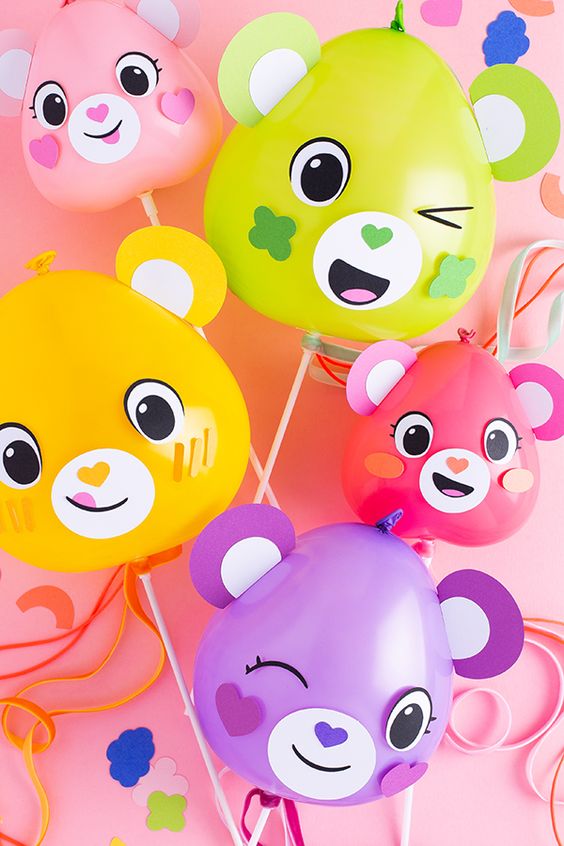STEM stands for Science, Technology, Engineering, and Mathematics. STEM education is a teaching approach that focuses on integrating these topics. It goes beyond teaching the subjects individually but emphasizes that these disciplines are connected.
As a result of its importance to our country’s economics, innovation, security, and global competitiveness, there are national initiatives to provide STEM education nationwide.
STEM is important in our country, but there are also many personal benefits for kids who learn STEM. Learning STEM can give students the tools they’ll need to succeed in both school and work. STEM topics require kids to develop higher-level thinking and practice important technical and soft skills.
5 Of the Most Important Benefits of STEM Education Include:

1. Career Opportunities
STEM sector jobs make up a large part of the overall U.S. market and their importance continues to grow. Between 2021 and 2031, U.S. STEM jobs are estimated to grow by 10.8% compared to 4.9% for non-STEM occupations.
However, STEM education is not keeping up with the employment gap. It’s possible that 3.5 million STEM jobs will need to be staffed by 2025, including vital jobs in healthcare and technology, yet more than 1 million of those jobs are projected to go unfilled.
2. Developing Confidence
STEM equips kids with competencies that will enable them to overcome personal challenges, pursue a college education or career in technical fields such as software engineering or artificial intelligence, find creative solutions to difficult problems, and understand how the world works.
Kids who believe in themselves tend to do better in school. Writing a program and seeing it work is satisfying. Building a robot, programming it to execute a task, and watching it happen is thrilling.
But while kids are having fun, they’re also building confidence. That confidence is important in test-taking and academic achievement.
3. Problem-Solving Skills
Science is a body of knowledge and a method of inquiry. It’s about asking the right questions and finding accurate answers.
The basic sciences taught in class prepare STEM students to explore biology, chemistry, and physics. Often, collaborative projects are involved, so kids need to be able to work together.
Science classes introduce the thrill of experimentation and discovery to individual students as well as teams. And because modern-day scientists use computers and technology in much of their work, science classes frequently incorporate these tools.
4. Critical Thinking Skills
Critical thinking involves looking objectively at a problem to form a judgment or strategy.
These skills are practiced in all STEM subjects and In engineering, being able to produce a program from a blank page takes a fair amount of critical thinking skills, not just coding skills.
In coding, students will have to examine the information presented and make judgments that can affect the output.
5. Learning Perseverance
Perseverance is important to success in almost any endeavor. STEM topics help kids learn to stick with difficult tasks and abstract ideas.
Science, coding, and math all require solving difficult problems. Being able to overcome requires perseverance and helps students grow in confidence.
STEM professionals often enjoy this type of problem-solving. This perseverance carries through to their personal and professional endeavors as well.
How Can Kids Learn STEM?
The earlier your child can start learning STEM, the better. Try free activities and tutorials to gauge your child’s interest and find the STEM topics they most enjoy.
Most schools offer courses as part of their curriculum for science and mathematics, but far fewer have integrated technology and engineering.
There are coding classes for kids, robotics clubs, afterschool programs, and more that can help your child learn STEM topics if they’re not offered at your school.






